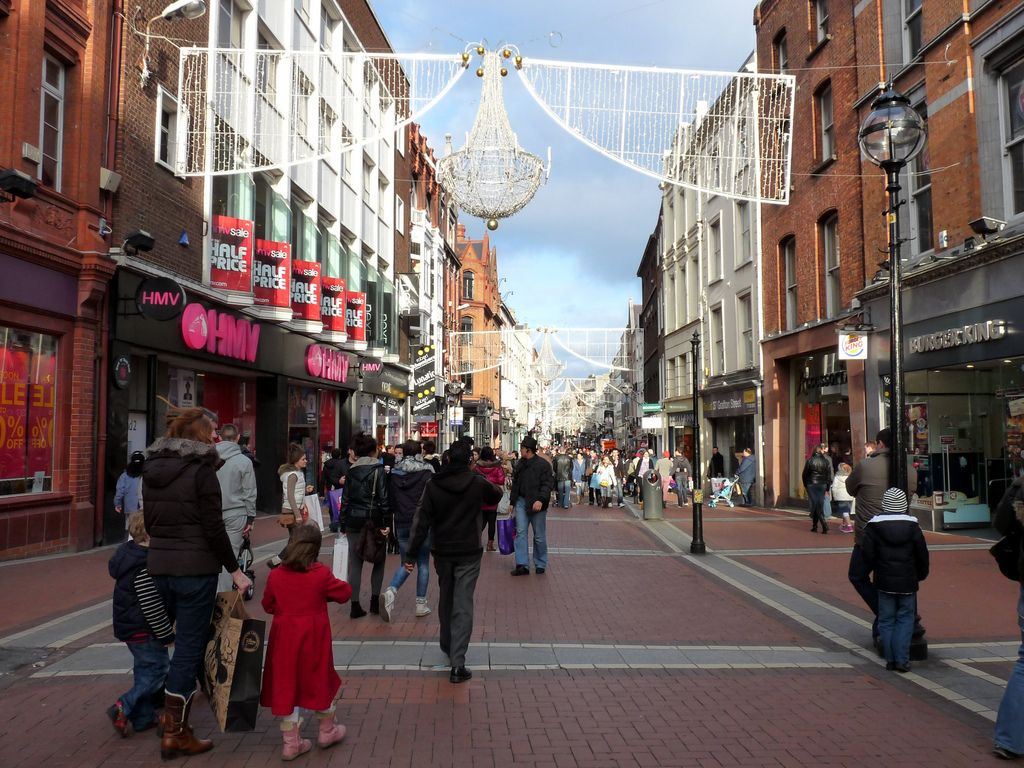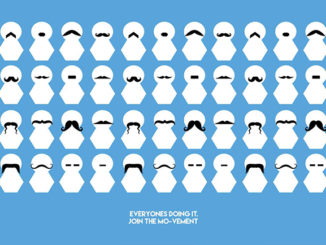
People often remark on the premature decorations, advertisements and displays as we are inundated with the Christmas cheer far before we are ready to welcome the end of the year. But what does this artificial spirit mean for retailers, and is it essential to allow them to operate efficiently in the months after the excess has ended?
The emergence of Christmas being pushed earlier and earlier each year is not a new phenomenon connected to a society becoming more materialistic; the ‘Christmas creep’ can be traced as far back as 1912. An advertisement captioned: ‘For The Sake of Humanity, Shop Early’, with a shop girl surrounded with boxes reading ‘The Eleventh Hour Rush’ was run by early 20th century progressives aiming to improve working conditions for overworked clerks.
While the motive for an earlier Christmas season may have began based on the welfare of overworked employees in the infamous last minute Christmas rush, our modern point of sale systems and efficient sales operations is not so much a key issue. The current purpose seems to be strictly for capitalistic gain coated in tinsel and trite well wishes of a ‘Happy Christmas from us to you’.
Why does the ‘Christmas creep’ bother us as consumers? A psychology professor at Kansas State University says consumers are so aware of what stores are trying to do with early Christmas advertising, that we experience an aversion to this manipulative psychology and people react against being told what to do, meaning in many cases putting off those early Christmas purchases.
The professor added that holiday buying is so expected in our culture, people feel obligated to buy gifts regardless of any irritation they might feel about early advertising. Therefore the question stands, is there any tangible benefit to creating an allusion of an earlier starting date for Christmas?
Many argue that the holidays being pushed early upon us, when it’s not actually time to enjoy these holidays, makes it all feel less special. Hearing Christmas music in October doesn’t feel right, and by the time December has arrived, the song has become so hackneyed it is simply unbearable.
A professor from LeMoyne College in Syracuse states that saturating public space with earlier and earlier holiday fare violates the psychological role holidays play in our lives, their value depends upon their distinctiveness and special features. By trying to get people excited for Christmas before Halloween has even ended means when it finally comes to Christmas, people are indifferent to the advertisements we’re bombarded with and they become white noise.
Despite our grumblings about Christmas coming earlier every year, in the midst of tough economic times where retailers have to salvage every possible opportunity to stay afloat, maybe the ‘Christmas creep’ is an annoying essentiality that we have to accept. The final couple of months of the year is the most profitable time for retailers, as people bury their heads and spend in intemperance and avoid reality until the New Year.
James Lambert
Image credit: flickr via wikimedia commons




Leave a Reply